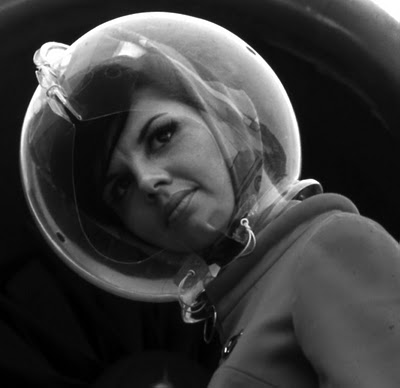Two excerpts from Robin Kawakami’s Wall Street Journal article in which Google’s Peter Norvig and physicist and software designer Stephen Wolfram discuss the technology on display in Spike Jonze’s Her:
- Norvig comparing today’s computers to HAL of 2001: A Space Odyssey:
“Going back to a more rudimentary science fiction computer—HAL from Stanley Kubrick’s 2001: A Space Odyssey—Norvig noted that in some ways, today’s computers have already surpassed those capabilities. ‘HAL was really limited in that he had a number of eyes throughout the spaceship, and he could see the astronauts,’ he said. But HAL, being a mainframe computer, was also crippled by his design. ‘He wasn’t as mobile as what we have today with our robots that can move around, or even our phones and our laptops have this greater physical capability.'”
- Wolfram on technology’s predictive powers:
Exploring personality amplification through technology is a key concept from the film for Wolfram. In the same way that various gadgets enhance our abilities—whether it’s finding our way around with a GPS or moving objects with machines—an AI might enable us to accomplish certain goals, just as Samantha nudged Theodore toward a book contract. ‘What could you achieve by having an emotional connection to a sophisticated, AI-like thing?’ he said. ‘Can you be the best instance of what you intended to be?’
On the same token, can an AI-driven agenda aimed at personal improvement actually limit us? Since machines are generally better at predicting a little bit into the future than humans are, Wolfram sees a possibility of people following computer recommendations. ‘A funny view of the future is that everybody is going around looking at the sequence of auto-suggests,’ he said. ‘And pretty soon the machines are in charge.'”


